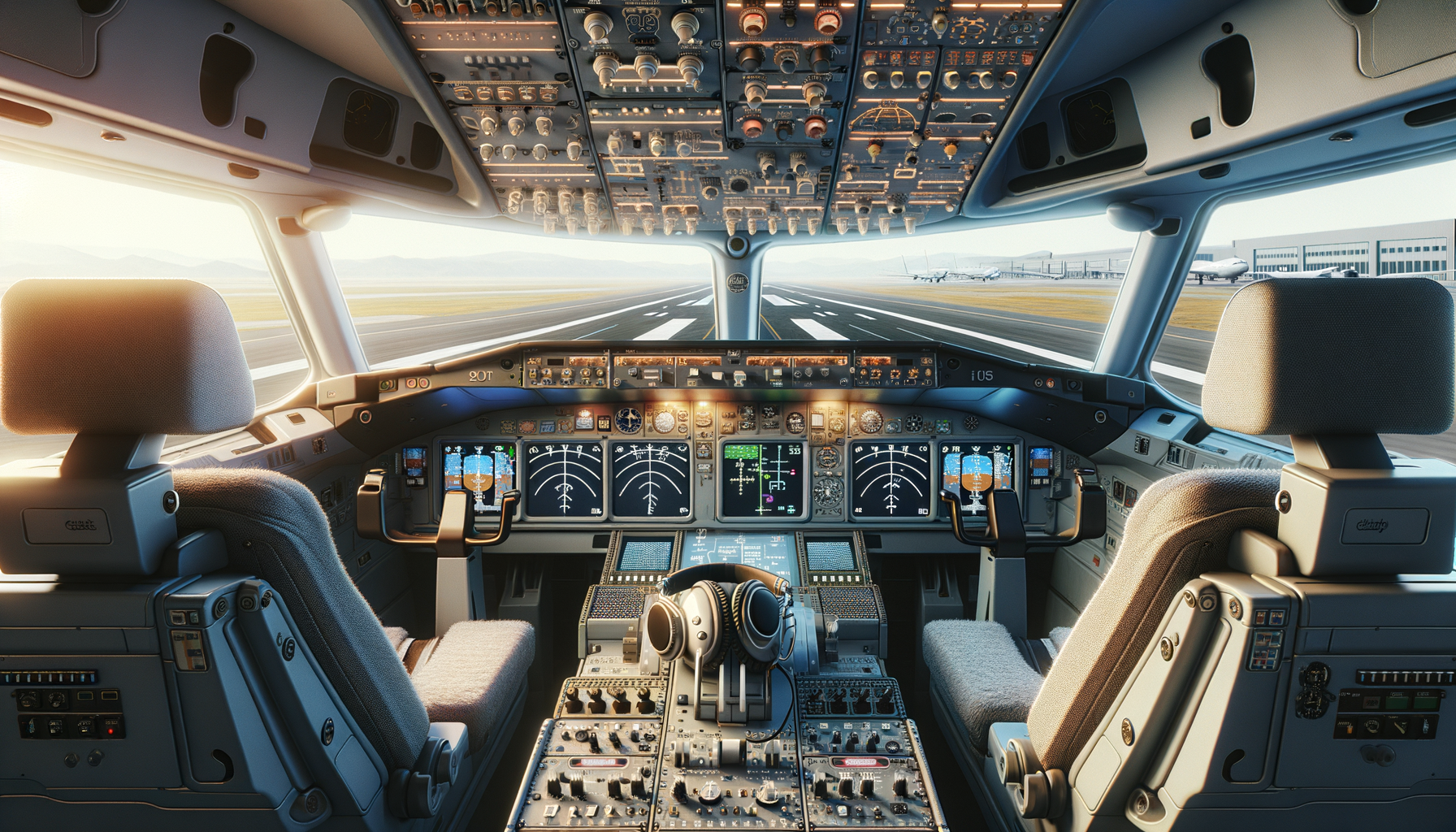
Charting the Skies: A Comprehensive Guide to Aviation Training
The Importance of Aviation Training
Aviation training is the backbone of the aviation industry, ensuring that all personnel involved in the operation of aircraft are well-equipped with the necessary skills and knowledge. The significance of this training cannot be overstated, as it directly impacts the safety and efficiency of air travel. With the aviation industry being one of the most regulated sectors globally, training programs are designed to meet stringent international standards and regulations.
Training encompasses a wide range of areas, including pilot training, air traffic control, aircraft maintenance, and cabin crew training. Each of these areas is crucial in maintaining the high safety standards expected in aviation. For example, pilot training involves extensive theoretical and practical instruction, covering everything from aerodynamics and navigation to emergency procedures. This comprehensive approach ensures that pilots are prepared for any situation they might encounter in the air.
Moreover, aviation training plays a vital role in the continuous professional development of aviation personnel. As technology evolves, so do the systems and procedures used in aviation. Training programs are regularly updated to incorporate the latest advancements, ensuring that aviation professionals remain competent and confident in their roles. This ongoing education is essential in maintaining the industry’s safety record and efficiency.
Types of Aviation Training Programs
Aviation training programs are diverse, catering to the various roles within the industry. Each program is tailored to equip trainees with the specific skills required for their chosen career path. Here are some of the main types of aviation training programs:
- Pilot Training: This is perhaps the most well-known type of aviation training. It includes private pilot licenses, commercial pilot licenses, and advanced certifications for specific aircraft types. Pilot training combines ground school education with practical flight experience.
- Aircraft Maintenance Training: Technicians and engineers undergo specialized training to maintain and repair aircraft. This training covers everything from understanding aircraft systems to troubleshooting and performing routine maintenance tasks.
- Air Traffic Control (ATC) Training: ATC training prepares individuals to manage the safe and efficient movement of aircraft both on the ground and in the air. This involves learning about radar systems, communication protocols, and emergency handling procedures.
- Cabin Crew Training: Flight attendants receive training in customer service, safety procedures, and emergency response. This ensures that they can provide a high level of service while ensuring passenger safety.
Each of these programs is designed to meet the specific needs of the industry, ensuring that all aviation professionals are well-prepared for their roles.
The Future of Aviation Training
The future of aviation training is set to be shaped by technological advancements and evolving industry demands. As the aviation industry continues to grow, training programs must adapt to new challenges and opportunities. One of the most significant trends in aviation training is the integration of virtual reality (VR) and augmented reality (AR) technologies. These technologies offer immersive training experiences that enhance learning outcomes and provide trainees with realistic simulations of real-world scenarios.
Another emerging trend is the increased focus on environmental sustainability. As the aviation industry strives to reduce its carbon footprint, training programs are incorporating modules on sustainable practices and technologies. This includes training on fuel-efficient flying techniques, the use of sustainable aviation fuels, and understanding the environmental impact of aviation operations.
Moreover, the demand for aviation professionals is expected to grow, driven by the expansion of air travel and the retirement of the current workforce. This will necessitate the development of innovative training programs that can quickly and effectively prepare new entrants to the industry. Online learning platforms and modular training courses are likely to become more prevalent, offering flexible and accessible training options for aspiring aviation professionals.
In conclusion, aviation training is a dynamic and evolving field, essential for the continued safety and efficiency of the aviation industry. By embracing new technologies and addressing emerging challenges, training programs will continue to equip aviation professionals with the skills they need to succeed in this exciting and fast-paced industry.


